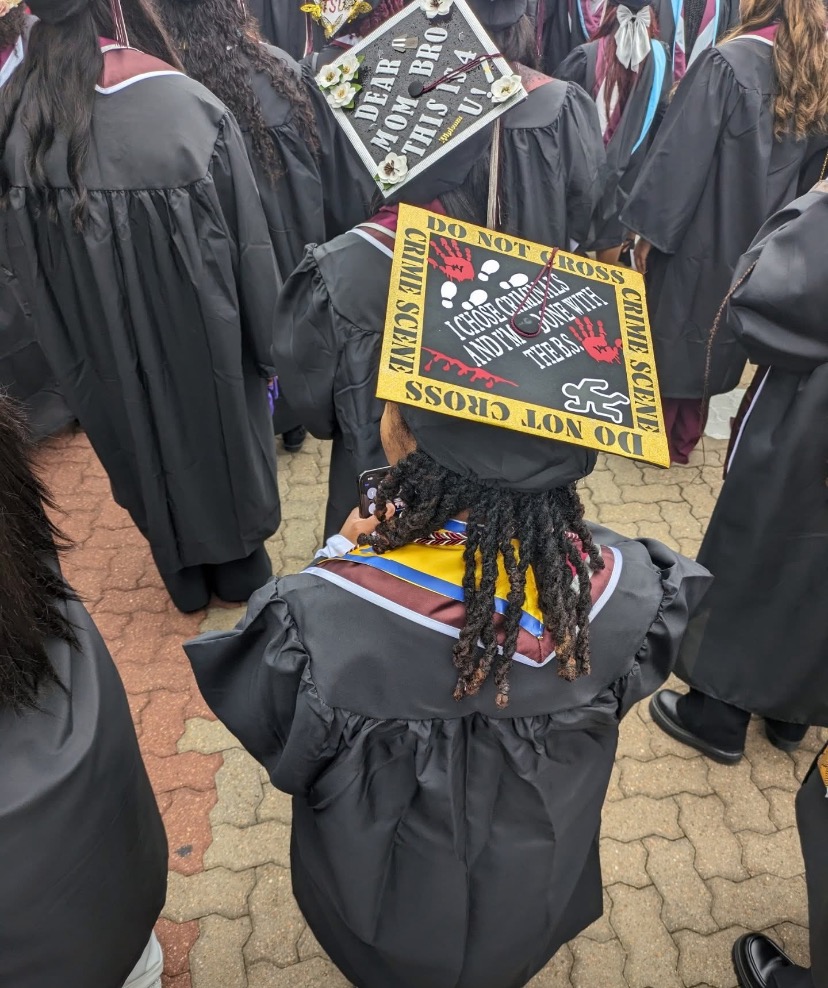As the 2020 Presidential campaign unfolds, history marks the
150th anniversary of the 15th Amendment which
gave Black men the right to vote and paved the way for a short-lived chapter of
political achievement upended by the brutally oppressive Jim Crow era.
“The
ratification of the Fifteenth Amendment in 1870 occurred at a time that
different circles were debating who should have access to the franchise,
especially given the fact that African Americans were newly-included citizens
in the United States via the Fourteenth Amendment,” explains Dr. Shayla
Nunnally, a Political Science professor at the University of
Connecticut. “People debated whether black men should have the right to
vote or whether white women should have the right to vote. The question
about the franchise was posed in such a way that people were considering
whether race should be accounted over gender in who would have access to the
franchise, first.”
Fifty years passed before women gained the right to vote
through the 19th
Amendment.
Nunnally says, “Black women also protested for this right, even though,
because of their race, they were also discriminated against in discussions and
protests in which they asserted their claims for the franchise. Even members of
Delta Sigma Theta Sorority, Inc. participated in their first public act of
social action by protesting in the mass, suffrage march on March 3, 1913 in
Washington, D.C. in which they were forced to march at the back of the march,
while white women were marching in front of them.”
By that time, racial
violence and other tactics were being used to suppress the efforts of black men
to vote. Many years passed and lives were lost as Black men and Black women
sought to exercise their right to vote granted. The Voting
Rights Act of 1965, borne of the marches and protests of The Civil Rights
Movement, outlawed many of the discriminatory voting practices utilized in
southern states to suppress the voice of Black Americans after the Civil War. It
represented a major accomplishment for Dr. Martin Luther King, Jr. and the
other courageous men and women who pushed President Lyndon B. Johnson to
support the legislation.
Black
Voting Rights in the 21st Century
Yet, many are concerned about a lack of voter participation
among Black Americans in the 21st century.
“Since the 1960’s I believe that Black people have become
largely complacent about exercising their rights and protesting. It takes a
crisis to mobilize us,” says Matt Mixon, a former television executive who
works with the voting outreach organization, Souls to
the Polls. “We get comfortable, and we do not demand agenda items from the
people we do elect, and we do not keep the pressure on them. I believe the
Democratic Party takes us for granted largely and too many of us are
apathetic.”
In Wisconsin where Mixon lives, he says “multiple
organizations” are working to activate voters.
“I worked on this project in 2018, and we think we made a
difference, but the job has gotten bigger if anything,” states Mixon.
Using his experience with media, Mixon “drags his camera
around” to give voters an opportunity to voice their opinions. Some Wisconsin
voters have protested the state’s plan to purge more than 209,000 voters from
the rolls. They see it as an attempt to suppress the vote.
“It was frozen, put on pause by the state Appeals Court for
the first two elections, but we still have to be on guard because the
Republicans are trying to push this through,” Mixon explains. “Their main
objective, I assume, is to try to help Donald Trump in November.”
Across the country, reports of voter suppression are
increasing. And, Nunnally voices concern that the Voting Rights Act of 1965 is
vulnerable to judicial and legislative decisions.
“Today, this
act is practically nullified, due to the Shelby County, Alabama v. Holder
(2013) U.S. Supreme Court case, which found Section 4 of the act to be
unconstitutional, and the U.S. Congress has not yet passed legislation to correct
this unconstitutionality,” she adds.
For a group
of Americans who have faced significant hurdles in their fight for the
franchise, the future may involve more legal skirmishes, a dire reality
unforeseen more than a century ago when passage of the 15th
Amendment suggested long-awaited and permanent electoral inclusion.


 Black History5 years ago
Black History5 years ago
 Black History6 years ago
Black History6 years ago
 Black History4 years ago
Black History4 years ago
 Black History5 years ago
Black History5 years ago
 Black History5 years ago
Black History5 years ago
 Black History6 years ago
Black History6 years ago
 Black History9 years ago
Black History9 years ago
 Black History5 years ago
Black History5 years ago

















